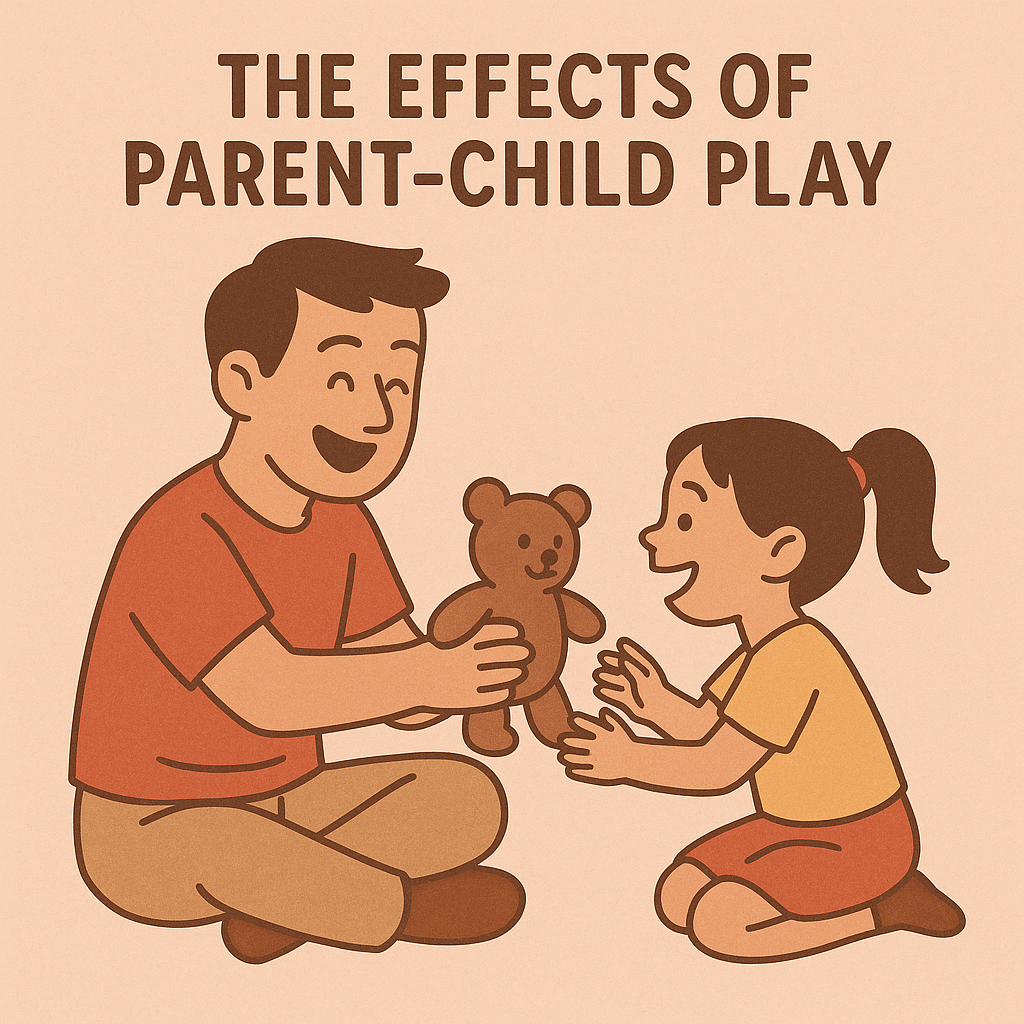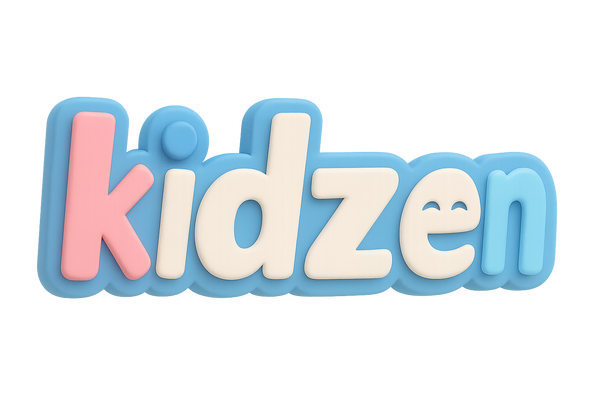
The Power of Play: How Parent-Child Playtime Shapes a Child’s Development
Share
In the hustle of daily life, shared playtime between parents and children is more than just fun—it’s a powerful developmental tool. Play becomes a medium through which trust, communication, emotional bonding, and cognitive growth are all nurtured.
🧠 Cognitive and Emotional Impact
A 2019 study published in Pediatrics emphasizes that parental play helps children develop executive functioning skills—such as memory, self-regulation, and flexible thinking—which are critical during early childhood. These skills become foundational for academic success and problem-solving later in life.
In another study from the Journal of Child Psychology and Psychiatry (2020), researchers found that children who frequently engaged in interactive play with their parents exhibited better emotional regulation and were less likely to develop behavioral problems.
🤝 Strengthening Social Bonds
Beyond intellectual growth, parent-child play solidifies emotional bonds. According to a paper in Attachment & Human Development (2018), play that includes positive touch, eye contact, and responsive communication significantly improves the attachment security between parent and child. This secure bond fosters confidence and resilience in the child.
🎨 Types of Play That Matter
-
Pretend Play: Encourages imagination and empathy.
-
Physical Play: Develops coordination and motor skills.
-
Constructive Play (e.g., blocks): Boosts spatial awareness and planning.
-
Games with Rules: Teach patience, cooperation, and problem-solving.
💡 Play is an Investment in the Future
When parents engage in play, they model behaviors, set emotional tone, and help build a secure foundation for learning. In essence, play is not time “taken away” from learning—it is learning.
